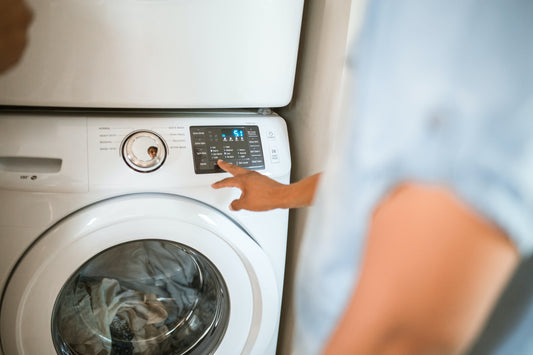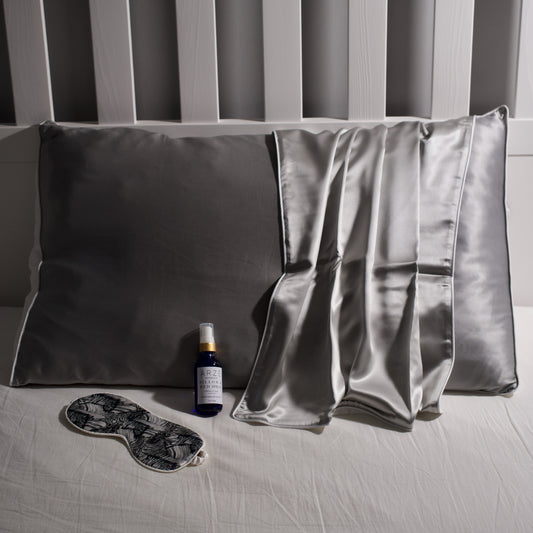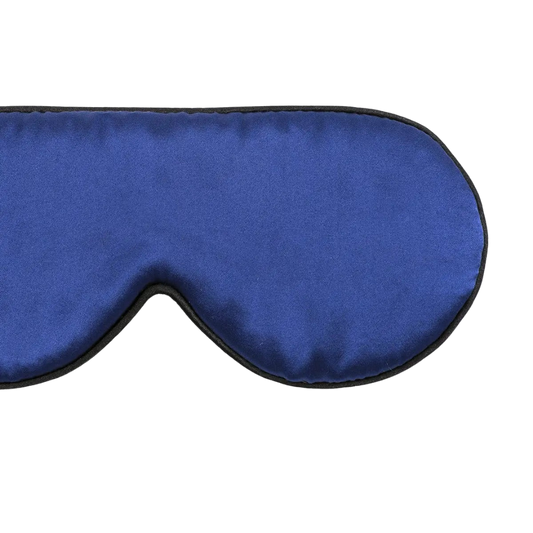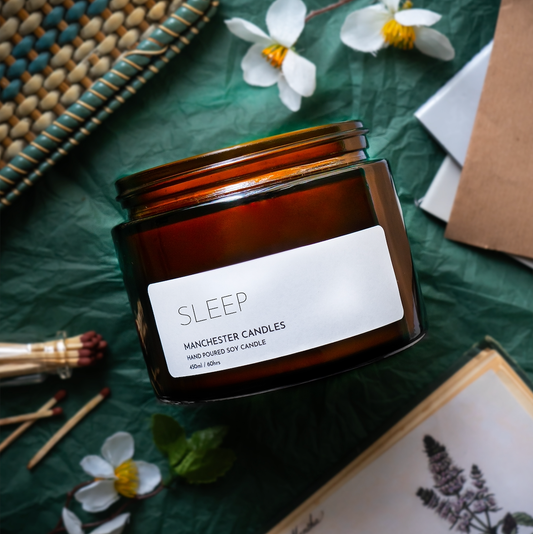10 Strategies to Manage Sleep Disruptions from Your Partner
Joe JohnsonShare
How can you deal with sleep disruptions caused by your partner?
Sleep disruptions caused by a partner can be frustrating and impact your overall well-being. However, there are strategies you can implement to manage these disturbances and improve your sleep quality. Here are ten effective strategies to help you deal with sleep disruptions from your partner:
1. Establish open communication
Initiate a conversation with your partner about the sleep disruptions you are experiencing. Discuss the importance of quality sleep and how it affects your daily life. Together, find solutions that work for both of you.
2. Create a sleep-friendly environment
Make your bedroom a peaceful and comfortable space. Invest in a good mattress, pillows, and blackout curtains to minimise disturbances. Consider using earplugs or a white noise machine to drown out any noise.
3. Set consistent sleep schedules
Establish regular sleep schedules for both you and your partner. Going to bed and waking up at the same time every day can help regulate your sleep patterns and reduce disruptions.
4. Use separate blankets
If you and your partner have different temperature preferences or tend to toss and turn, using separate blankets can prevent disturbances caused by blanket hogging or excessive movement during sleep.
5. Address snoring issues
If your partner's snoring is disrupting your sleep, encourage them to seek medical advice. Snoring can be a sign of an underlying health issue, such as sleep apnea, which can be treated.
6. Try sleeping in separate beds
In some cases, sleeping in separate beds or bedrooms may be a viable solution. This can provide both partners with the space they need to sleep peacefully without disturbances.
7. Practice relaxation techniques
Engage in relaxation techniques before bed, such as deep breathing exercises, meditation, or gentle stretching. These techniques can help you unwind and prepare your body for a restful sleep.
8. Invest in a white noise machine
A white noise machine can help mask any disruptive sounds and create a soothing environment for sleep. The constant, gentle sound can drown out noises that may disturb your sleep.
9. Seek professional help if necessary
If sleep disruptions persist despite your efforts, consider seeking professional help. A sleep specialist can provide guidance and recommend personalised strategies to manage sleep disturbances.
10. Prioritise self-care
Take care of yourself by practicing good sleep hygiene. This includes avoiding caffeine and electronic devices before bed, maintaining a comfortable sleep environment, and engaging in regular exercise.











